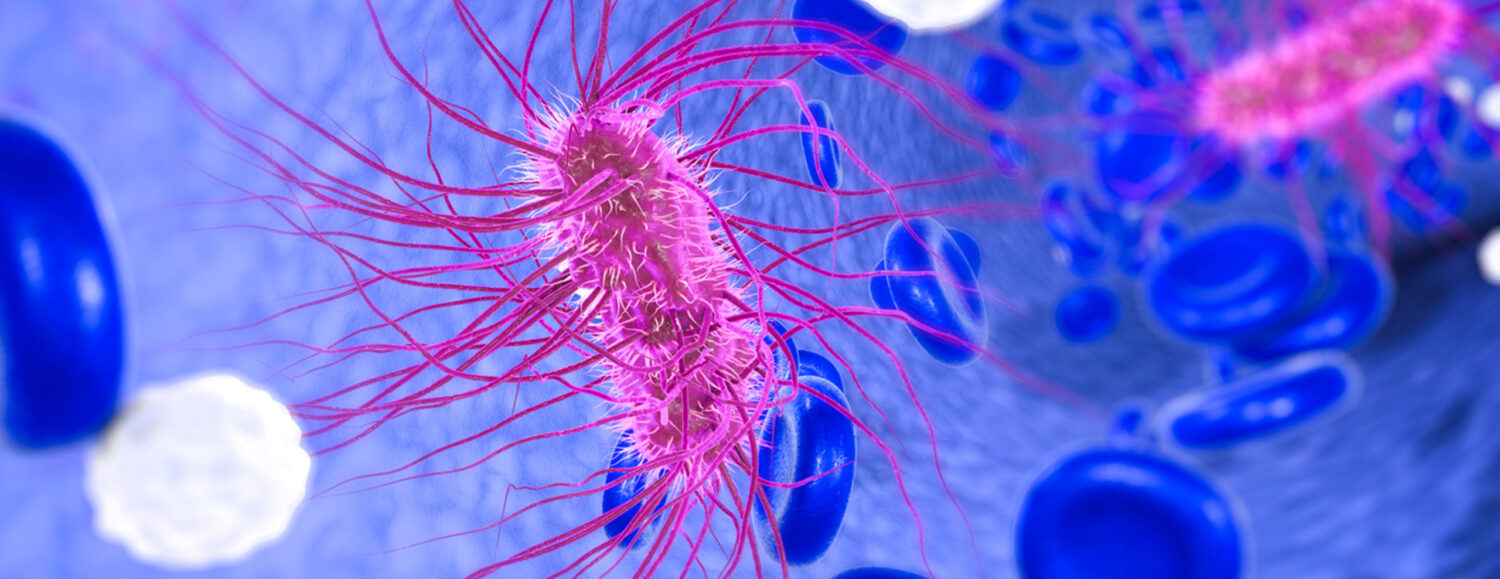Burning with urination, frequent/urgent sensations to urinate, discoloration of urine,
and change in mental function/clarity are all common symptoms of a urinary tract
infection (UTI). UTIs occur among both women and men and therefore this blog post is
for everyone!
The first thing to suggest is to always get your urine cultured. The most common
bacteria associated with UTIs is Escherichia coli, also known as E. coli. These bacteria
are common and normal to exist around our anus and genitalia. However, an overproduction can cause yeast infections and when it enters our urethra, can cause UTIs.

How do we get UTIs? Sweaty clothing or a wet bathing suit,intercourse (both penetrative or oral), poor bladder emptying, and tight clothing can all contribute to getting a UTI. These activities can make it easier for bacteria to enter through our urethra and “climb” up into our bladder. Generally speaking, women tend to have greater incidences of UTIs compared to men due to having a shorter urethra. This means the bacteria does not have to travel as far up the urinary tract to make it to our bladder, and eventually our kidneys.
Do you keep having UTIs and find that antibiotics are not working? If you have had
your urine cultured and time and time again, it comes back as positive for E.coli, you may benefit from the use of D-mannose.
D-mannose is a concentrated dose of the common sugar found in cranberries. Your doctor may have told you to drink more cranberry juice or just drink it more regularly to avoid getting a UTI. Although cranberry juice can be a good option, D-mannose gives you the part of cranberry juice that can not only help to avoid getting UTIs, but also potentially cure a UTI, if caught early enough. It works by binding itself to the E.coli bacteria and flushing it out of your bladder and urethra via your urine.

D-mannose can be found in powder and pill form. Those using the product have reported better outcomes with using the powder. If you suffer from chronic UTIs, taking D-mannose on a daily basis of the suggested dosage on the bottle, and increasing that dosage with more provocative activities can be helpful in preventing future UTIs. It is important to note that you should always consult with your doctor before taking any new medication or supplement.
Other ways to prevent UTIs include: always urinating after intercourse (oral or penetrative), getting out of sweaty clothes or bathing suits as quickly as possible, and always wiping from front to back after urinating or defecating.
Chronic UTIs can ultimately impact your pelvic floor muscles. As with any infection or dysfunction within your body, a UTI can produce more tension and/or guarding of your pelvic floor and surrounding musculature (i.e. your abdominals, hip musculature, etc.). If you are guarding more, this can produce more difficulty in emptying your bladder, promote poor habits around voiding, and often cause similar sensations of bladder pain or urgency. This is where pelvic physical therapy comes in. As pelvic physical therapists, we can treat the pelvic floor and surrounding musculature to reduce the secondary symptoms that occur as a result of your chronic UTI’s. It is important to note that if you are someone with UTI like symptoms and are negative for an infection, you are also a good candidate for physical therapy.
[A quick statement about this post: this information is being posted as an alternative
method to avoiding UITs and potentially treating them; we are, by no means, trying to
replace a medical doctor. If you have ongoing symptoms, please seek medical attention.]

